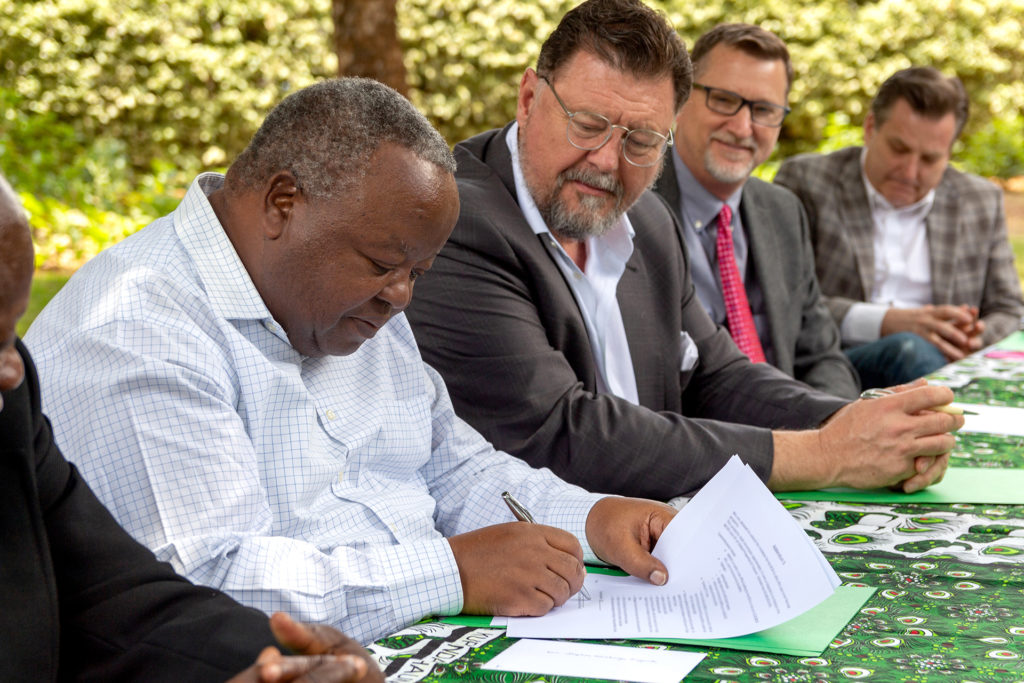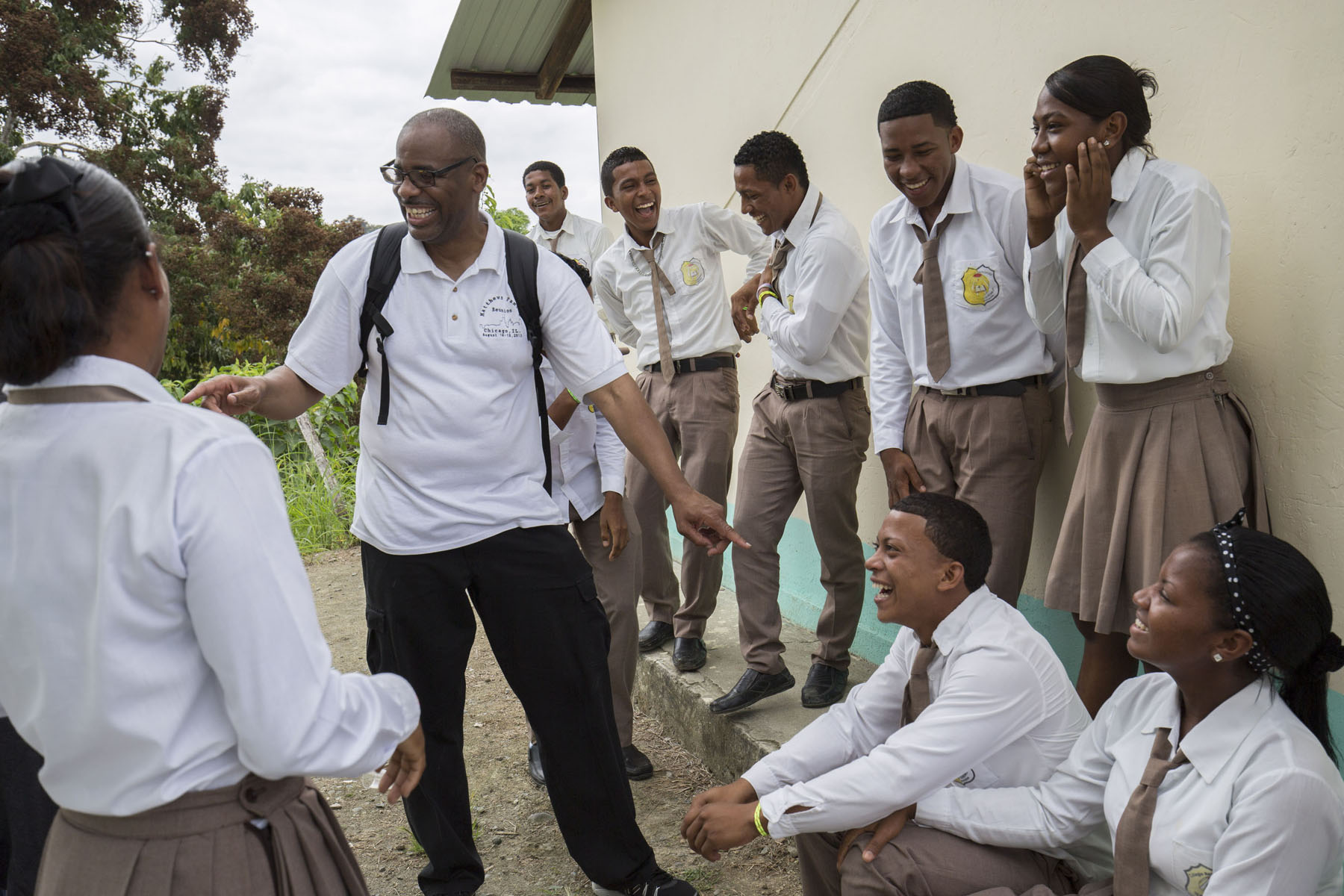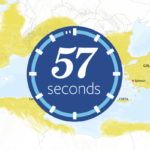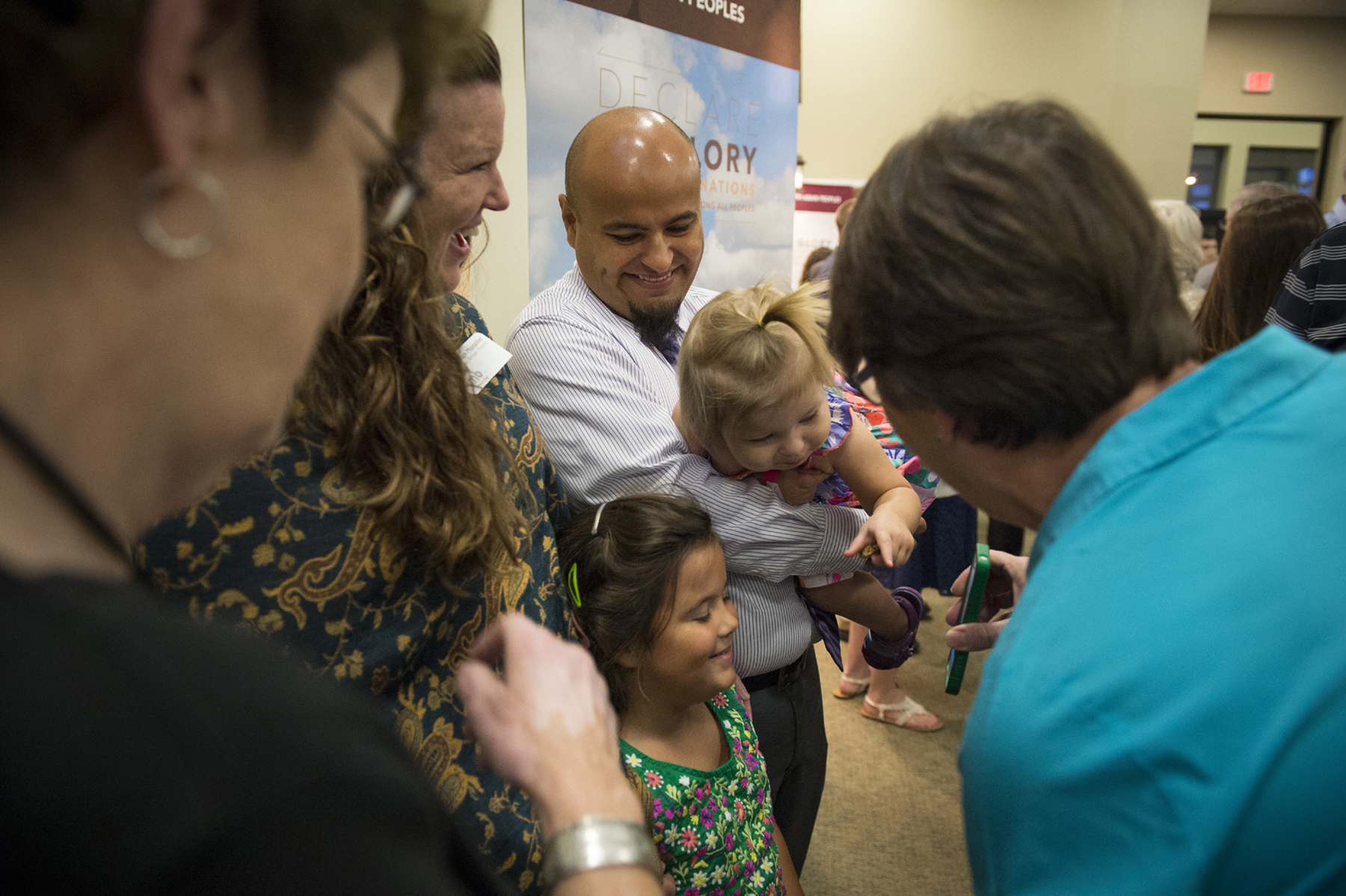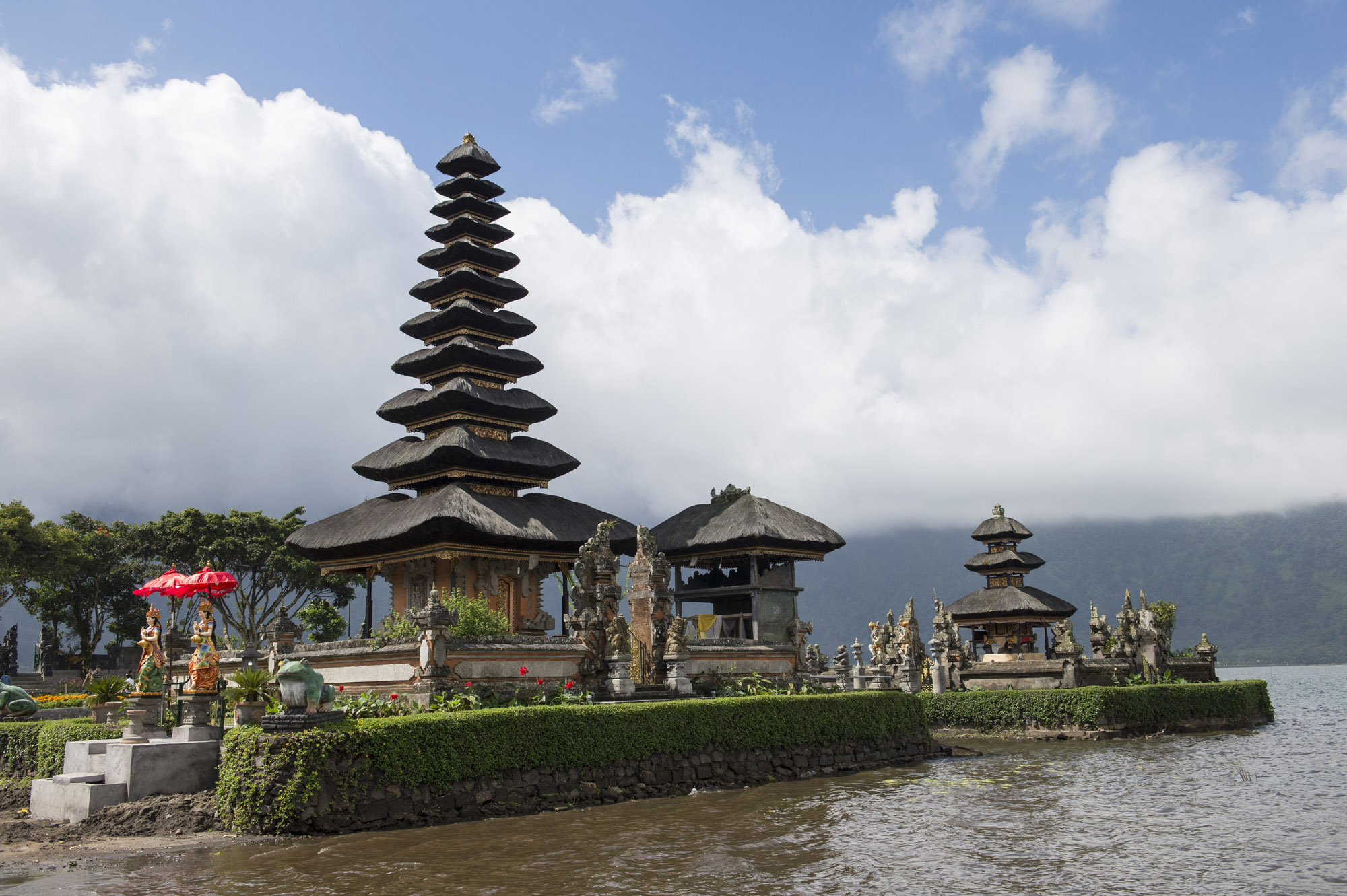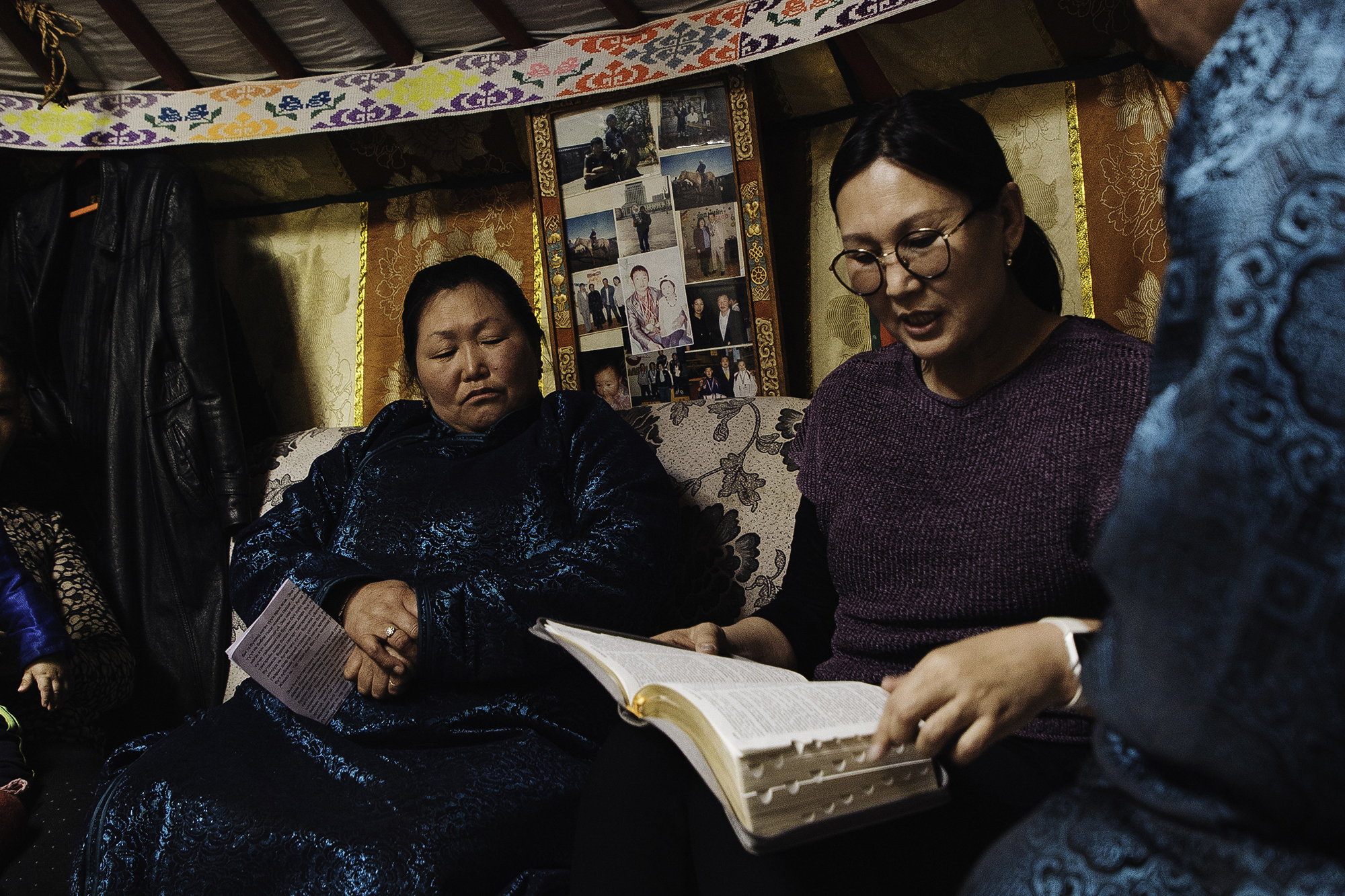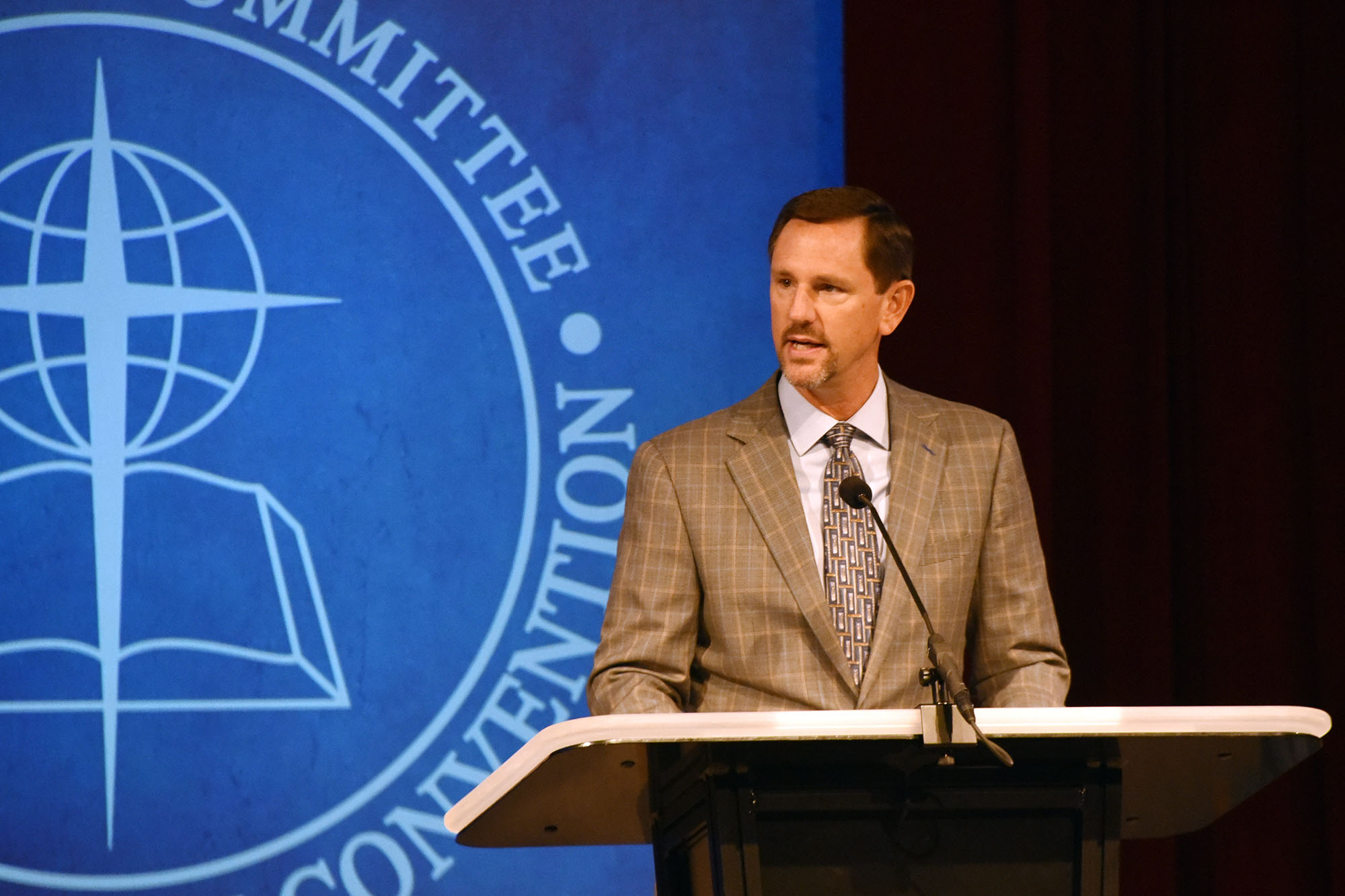
One of missionary Daren Davis’s favorite African proverbs is, “If you want to go fast, go alone. If you want to go far, go together.” It is the perfect adage to describe the new partnership between the International Mission Board and the Baptist Convention of Kenya.
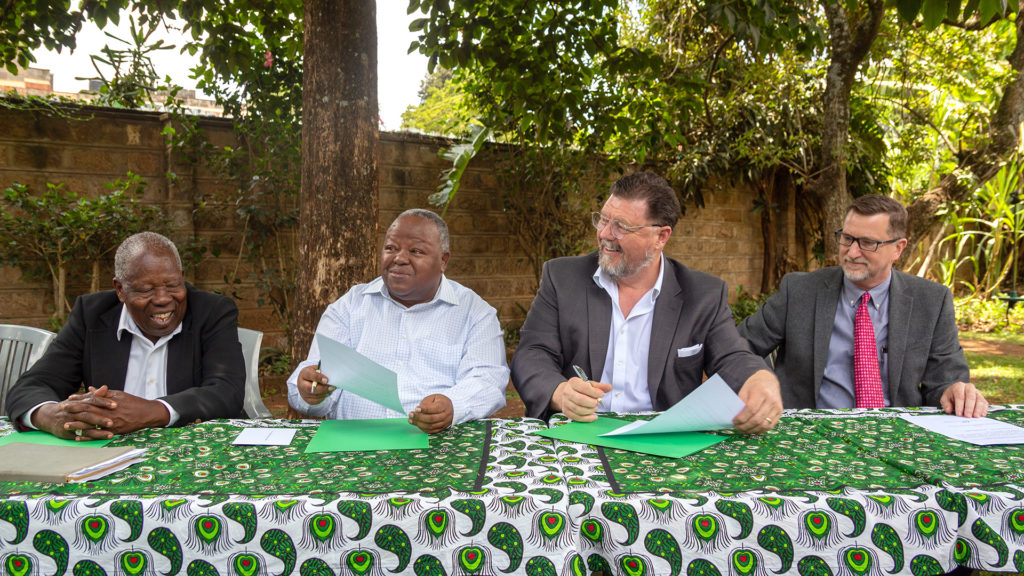
Representatives of the two entities recently signed an agreement that they will walk forward side by side as they seek to accomplish the Great Commission in Kenya and beyond.
On March 18, Davis and other IMB representatives met with Kenyan Baptist leaders in Nairobi to work through challenges of the past and possibilities for the future. The meeting was led by IMB Vice President Price Jett and Stephen Anyenda, president of the Baptist Convention of Kenya.
Referencing crises like the COVID-19 pandemic and the conflict in Ukraine, Jett urged the attendees to continue sharing the Gospel.
“If ever the world needs the Gospel, it’s now. If ever the world needs us to come together, it’s now. Now is the time for both organizations to lay the groundwork for a stronger future,” he said.
Davis, the IMB strategy leader for Sub-Saharan Africa, said the meeting consisted of healthy dialogue ending in an agreement to move forward. He cited a quote from Missio Nexus, “The Great Commission is too big for anyone to accomplish alone and too important not to try to do together.”
“And so we want to come together … and join hands to do this work,” Davis said.
Anyenda compared lack of partnership to looking at a mountain from opposite sides. A person on one side may say the mountain is too steep, while someone on the other side says it is climbable.
“You can argue and waste time,” he said, “[but] the best way is to say, ‘My brother, or my sister, why don’t you come on this side and see what I’m seeing? Then you can say … it’s doable!’”
Anyenda is excited for the IMB and the convention to enter this new era of partnership because both organizations have evolved since their beginnings in Kenya several decades ago.
Southern Baptist missionaries first entered Kenya in the 1950s. The work focused on evangelism, discipleship and church planting among animistic people groups. Now Kenya is widely evangelized and the Baptist Convention, founded 51 years ago, reports 720,000 members.
Anyenda likened the situation to parenting. At one time missionaries were nurturing spiritual infants in Kenya. “Now that this baby has grown up, we have to figure out, what’s our relationship as partners?” he said.
Areas of partnership that have been discussed include theological education, missionary training, resource development, strategic planning, research and mapping of church locations and unreached areas.
Davis said others need to hear from the African church and learn from its experiences. African believers understand African culture and can address cultural issues from a biblical perspective.
He also anticipates African churches will be the ones taking the Gospel to many of the 500 unengaged, unreached people groups still in Sub-Saharan Africa.
“Almost 1,000 no-longer-unreached people groups are worshiping in growing and vibrant churches across Sub-Saharan Africa,” he said. “Partnerships like this one could result in African churches sending African missionaries to the ends of the earth.”
Anyenda is challenged and excited by the “ends of the earth” aspect of the mission.
“It’s time to stimulate us, the local African churches, to start thinking globally,” he said. “To start saying apart from pastors, we need also to develop evangelists. We need also to develop missionaries. And not only develop them but also to support them.”
Jett was encouraged to see the meeting participants from Kenya get excited about the possibility of sending Kenyan missionaries around the world.
Davis emphasized that all believers, all followers of Christ, have been given the Great Commission.
“We all have the vision of seeing every nation, people, tribe and language knowing and worshiping our Lord and Savior Jesus Christ,” Davis said. “So the posture that we in Sub-Saharan Africa want to take is … how can we come alongside Baptist conventions and churches to help them engage and do their part in the Great Commission?”
